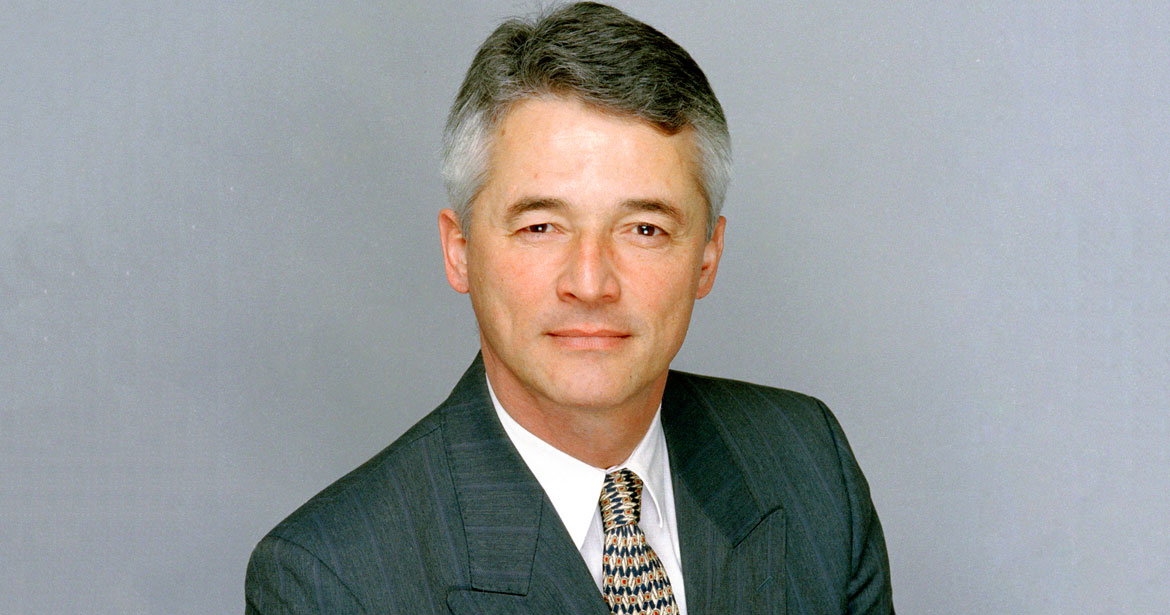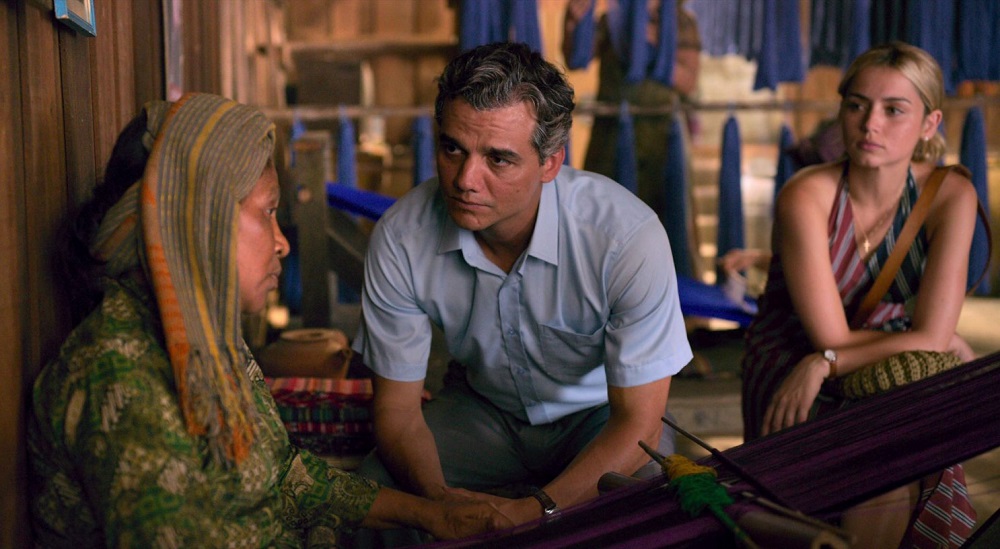Netflix’s ‘Sergio’ follows the story of a man whose life is full of accomplishments that helped save a lot of people. Wagner Moura gives a heartfelt performance as Sergio Vieira de Mello, bringing his personal struggles to light while also focusing on his professional achievements.
Is Sergio Based on a True Story?
Yes, Sergio is based on a true story. The film presents Sergio Vieira de Mello’s life in pieces that keep shuffling from one part of the world to another. The missions that we see in the movie barely scratch the surface of what Sergio had achieved in reality. His life story is unbelievable due to the sheer extent of his exploits, but also inspirational because all of it happened in reality. Here is what you should know about him.
Who Was Sergio Vieira de Mello?

Born in Rio de Janeiro, Sergio Vieira de Mello worked as a UN diplomat for over thirty years. His work led him to all parts of the world, each of them in a volatile situation that needed Sergio’s expertise in bringing stability to it. His father was a diplomat, due to which his family had to move around a lot. He spent his childhood in places like Genoa, Buenos Aires, and Beirut, among others. He settled down in Paris to continue his higher studies, and this is where his penchant for demanding justice first came to the fore. He was a part of the student riots against the Charles de Gaulle government. He also received a hit on the back of his head, which led to a severe injury to his right eye. As the movement became more violent, he decided to pull out of it.
Sergio’s Impeccable Career
He started his first job in the UN at the offices of High Commissioner for Refugees. He always believed that the actual work for a person working with the UN was on the field, and he spent the rest of his life abiding by this philosophy. He was on the ground in Bangladesh in 1971, in Sudan in 1972, and Cyprus in 1974. However, in these missions, his job was not to indulge in politics but to provide aid to the people affected by the wars.
He also spent some time in Mozambique and Peru, and his responsibilities continued to increase with every mission as he proved to be the man for the job. He was sent as an envoy for the UN to Cambodia, where he settled a treaty with Khmer Rouge. This part of his story also features in the film, along with his work in East Timor. His work also took him to Lebanon, Buenos Aires, Yugoslavia, Central Africa, and Kosovo. In 2000, he provided his services in Fiji, helping to negotiate a hostage situation of the country’s Prime Minister and other members of Parliament.
The Iraq Mission
In 2003, after the fall of Saddam Hussein in Iraq, Sergio was approached to oversee the operations in the country. He was not enthusiastic about the war and the mess that was already made there. Three times he was asked to lead the team, but he refused every time. However, the pressure increased from the American government, and Sergio finally gave in.
The project was supposed to extend for four months in which the plan was to see the smooth transition of power. The elections were to be held in the country, but as we see in the film as well, some complications arose, which Sergio was not happy about. What further enraged him was the treatment of the locals. He understood that they were not happy about foreigners invading their land and telling them what to do, which is why he found it imperative to fix the situation as soon as possible and leave.
How did Sergio Vieira de Mello Die?
In August 2003, a suicide truck drove into the premises of Canal Hotel in Baghdad. Sergio and his team had been operating from the hotel when the attack took place. Over 20 people were killed in the attack, including Sergio. It was orchestrated by Abu Musab al-Zarqawi, a leader of al-Qaeda. In a statement, the terrorist organization took responsibility for it and also confirmed that the target was Sergio. Apparently, his involvement in the freedom was East Timor was not welcomed by them.
The death of Sergio came as a massive shock to the UN. He had been an irreplaceable asset to the organization, and it was also believed that he was the best candidate to be the successor of Kofi Annan. After the attack, the UN pulled out a majority of its staff from Iraq, which resulted in further disarray in the country. Sergio Vieira de Mello was buried at the Cimetière des Rois in Geneva, Switzerland, even though he had wished for it to be in Rio de Janeiro, his hometown.


You must be logged in to post a comment.